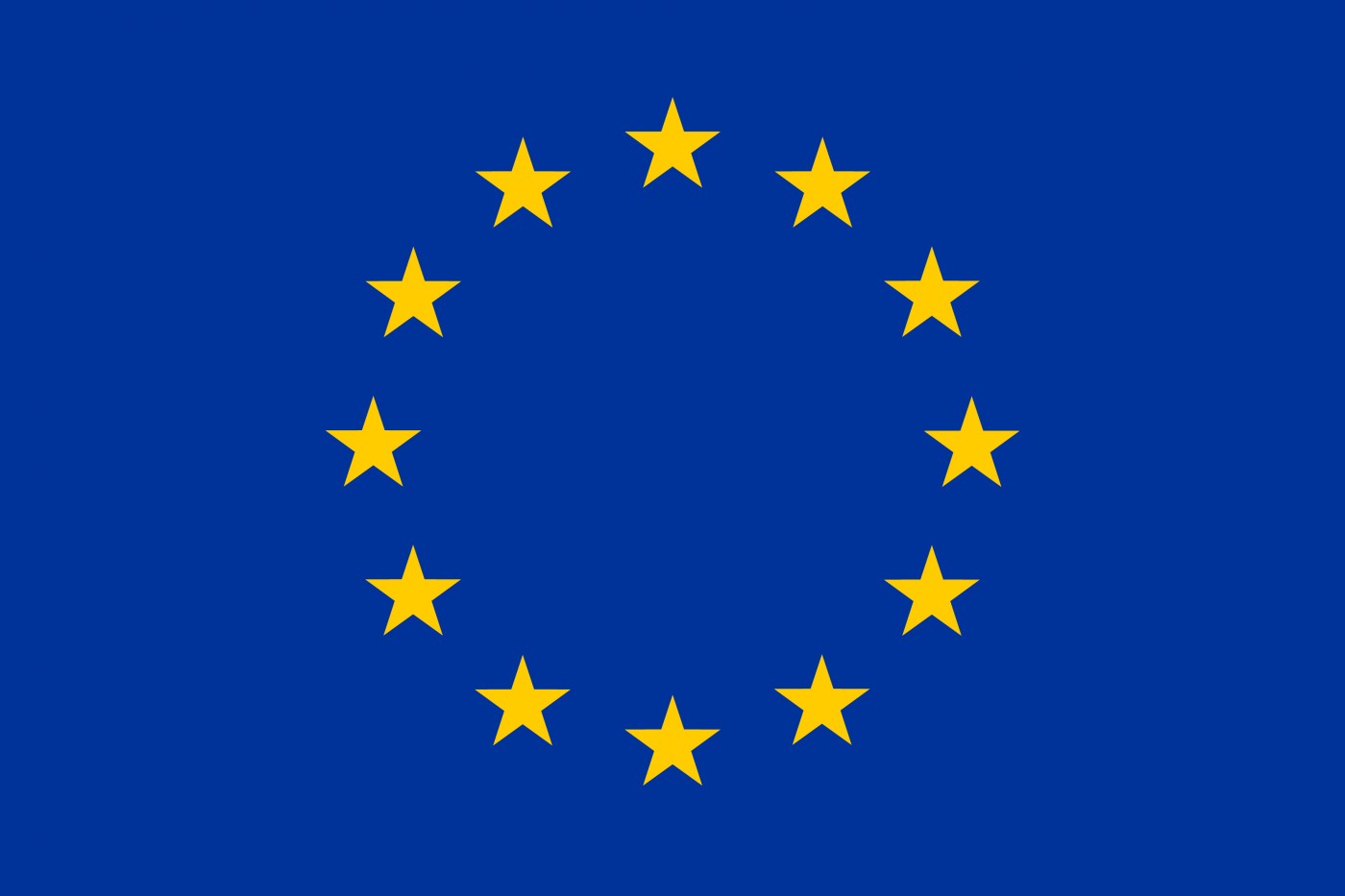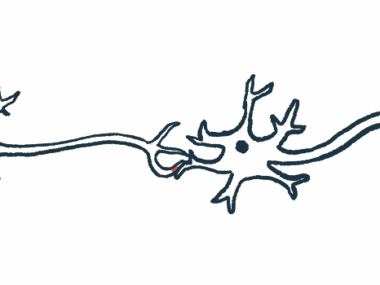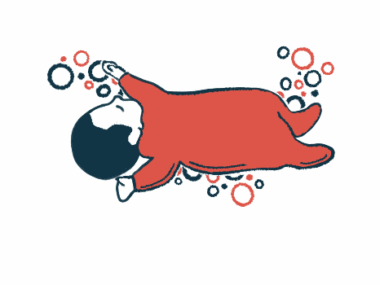EU Approval of Oral Cannabidiol as Add-On Therapy for Dravet Favored by CHMP
Written by |

The Committee for Medicinal Products for Human Use (CHMP), an arm of the European Medicines Agency (EMA), is recommending approval of GW Pharmaceutical’s oral cannabidiol solution as an add-on to clobazam (Onfi and Sympazan) for treating seizures in children and adults, ages 2 and older, with Dravet syndrome or Lennox-Gastaut syndrome.
The European Commission (EC) will now review CHMP’s favorable opinion of Epidyolex, approved in the U.S. under the brand name Epidiolex. A decision is expected within two months.
Epidyolex is a purified form cannabidiol (CBD), the most abundant non-psychoactive cannabinoid compound in the cannabis plant. CBD can mimic natural compounds that act on brain receptors, which when faulty can cause seizures.
“Today’s positive CHMP opinion for Epidyolex marks a major milestone for patients, and their families, battling to control two of the most severe and life-threatening forms of childhood onset epilepsy. Cannabidiol oral solution is the first in a new class of epilepsy medicines and the first plant-derived cannabis-based medicine to be submitted for European regulatory review, representing a historic breakthrough,” Justin Gover, GW’s chief executive officer, said in a press release.
CHMP’s decision was based on data from a clinical development program that included three randomized and controlled Phase 3 clinical trials (NCT02091375, NCT02224703 and NCT02224560), and an open-label extension study (NCT02224573). The latter evaluated the solution’s long-term safety and effectiveness, and included 189 Dravet patients from two of the previous Phase 3 trials.
Extension study results showed that treatment with Epidyolex/Epidiolex reduced convulsive seizures by 38%–44%, and all seizures by 39%–51%. Its use also improved overall health and clinical status in roughly 80% of patients at six months and one year of treatment.
“This is a significant milestone for patients with LGS and Dravet syndrome as there remains a severe unmet medical need for these rare, lifelong forms of epilepsy,” said Martin Brodie, president of the International Bureau for Epilepsy. “Today’s positive opinion brings hope to both patients and their families of a treatment option which has the potential to better control seizures and notably improve quality of life.”
“In my clinic, I often see patients with these highly treatment-resistant epilepsies who have tried and failed existing therapies. These patients and their families face a long and challenging road and very few achieve adequate seizure control,” said Antonio Gil-Nagel Rein, director of the Epilepsy Programme at Ruber International Hospital, Madrid. “Based on numerous clinical trials and the scrutiny of the European medicines regulator, this medicine has the potential to make a real difference to the lives of many patients.”
Epidiolex was approved by the U.S. Food and Drug Administration (FDA) to treat Dravet and Lennox-Gastaut syndrome patients, ages 2 and older, in June 2018.





